Speaking at the workshop "Developing the art market in Vietnam: Current situation and solutions" organized by the Vietnam Institute of Culture, Arts, Sports and Tourism, Ms. Nguyen Thi Ngoc Ha - Deputy Head of the Department of Management and International Cooperation on Copyright and Related Rights, Copyright Office, Ministry of Culture, Sports and Tourism, said that music is one of the important content industries, both a spiritual cultural product, an effective tool for promoting culture, and a valuable property right, contributing significantly to socio-economic development.
The strong development of digital technology, the Internet, streaming platforms and social networks, the development direction according to the Music Industry Value Chain, with the participation of parties in creating added value and monetizing music content all make significant contributions to the industry.
In that context, the law on copyright and related rights plays an important role as a legal foundation. In addition, the interconnectedness of the international and domestic music markets, the context of deep international integration and the multidimensional Internet space... are issues of concern.
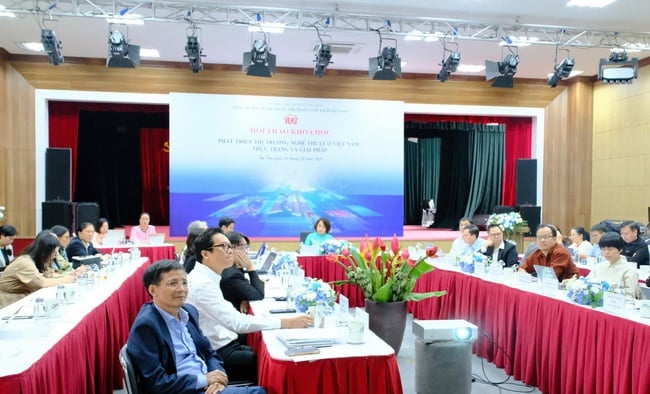
Workshop "Developing the art market in Vietnam: Current situation and solutions"
According to Ms. Nguyen Thi Ngoc Ha, the trend of using music in the digital environment is increasing, through websites and music applications.
However, the situation of copyright and related rights violations in music on the internet is complicated. Accessing and disseminating online content has unintentionally created conditions for unauthorized copying and distribution of music works and recordings, causing serious financial damage and harm to the interests of creators and producers.
In particular, in the context of rapid development of the internet, the emergence and development of artificial intelligence has created many new creative musical contents, many ways to exploit copyright content, and illegal music related rights are challenging in terms of technique, technology, and law.
According to Ms. Nguyen Thi Ngoc Ha, violators have many coping methods and find ways to avoid the control of authorities, such as using cross-border social networks; using international domain names, registering directly with international organizations abroad, using information hiding services... to commit illegal acts of copyright infringement and related rights.
Meanwhile, the mechanisms to control infringing content on digital platforms are not strong enough. Some businesses managing copyrights and related rights in music sign contracts with licensing documents with different names, but in essence, they certify the right to use on electronic information networks for music recordings for service businesses, while the extent of authorization, whether the permission to use is within the scope of authorization or not and what the royalty level is.... there is no transparent monitoring of operational information...
Furthermore, there has been no investment in building a professional toolkit for monitoring and tracking the use of music on the internet by enforcement agencies; enforcement work is still traditional and manual, and digital technology has not been effectively applied. Coordination between state management agencies, collective representative organizations and foreign digital platforms is not tight...
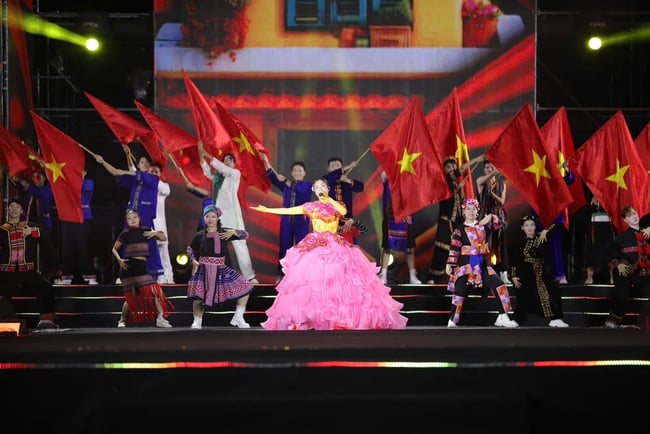
Performance at the Concert "I love my Fatherland"
From the above situation as well as the violation of copyright and related rights in the music field in general, Ms. Nguyen Thi Ngoc Ha recommends that in the immediate future, it is necessary to improve the law in the direction of building an independent Copyright Law. "The Intellectual Property Law has a very wide scope of regulation from copyright, rights related to industrial property rights and rights to plant varieties...
Because different subjects of intellectual property rights have specific and distinct characteristics, the Law must handle them by clearly stating whether they are about copyright, related rights or patents... in some provisions, while other provisions generally regulate intellectual property. This causes confusion and difficulty in following the same legal document. It is necessary to separate from the current Intellectual Property Law to have a unified and in-depth legal framework on copyright and related rights.
In addition, the act of "rebroadcasting and communicating to the public" and the subject of "radio and television service providers" within the limits of copyright and related rights are added to conform to the current operational practices of music-related broadcasting organizations that not only broadcast but also exploit content on other platforms.
Supplementing regulations on collective licensing with conditions in the music field to ensure that parties comply with the law, while protecting the legitimate rights of authors and rights owners, facilitating the exercise of rights of exploiters and users, and including professional conditions to ensure that collective representative organizations meet the requirements when undertaking this unauthorized work.
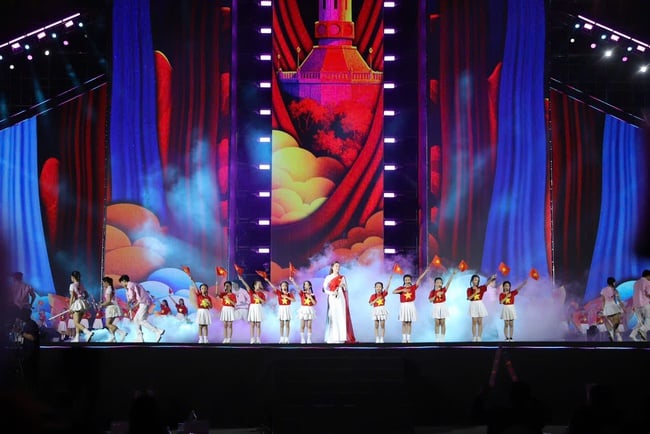
Performance at the Concert "I love my Fatherland"
Clarifying acts of abusing intellectual property protection procedures, regulations against abuse of intellectual property monopoly, abuse of intellectual property protection measures and regulations to clarify the scope of rights of intellectual property rights holders when exploiting music on digital platforms through the form of copyright infringement, causing difficulties for real rights holders, causing public outrage.
In particular, it is necessary to promptly supplement specific regulations on the protection of copyright and related rights in music in the digital environment, ensuring that measures are effective, deterrent and especially timely in handling infringements in the digital environment in real time. Increase the level of compensation for personal and property damages from copyright and related rights infringements in music.
Research and learn from international experiences, promptly supplement regulations on the use of music data to train and coach artificial intelligence systems as well as how to handle music products created by artificial intelligence systems, in accordance with international commitments that Vietnam has signed and participated in, protect the intellectual property of music rights owners, and at the same time encourage technology development...
According to Ms. Nguyen Thi Ngoc Ha, music has a profound impact on cultural and social life and contributes increasingly to the creative economy. In the context of international integration and the explosion of digital technology, copyright and related rights have become an indispensable legal foundation to ensure fairness, protect the legitimate interests of creative subjects and develop the music industry sustainably.
Therefore, perfecting the law, strengthening enforcement, applying technology, raising social awareness, developing innovative business models and international integration are necessary and urgent directions to develop the Vietnamese music industry sustainably and become an important part of the country's "soft power".
Source: https://bvhttdl.gov.vn/bao-ve-quyen-tac-gia-quyen-lien-quan-bao-dam-su-phat-trien-ben-vung-nganh-cong-nghiep-am-nhac-20251106165111421.htm


![[Photo] Hanoi: Long Bien residents brave the rain to go to work and school amid traffic jams due to bridge closures from early morning](https://vphoto.vietnam.vn/thumb/1200x675/vietnam/resource/IMAGE/2025/11/07/1762485038077_dji-0206-1506-jpg.webp)

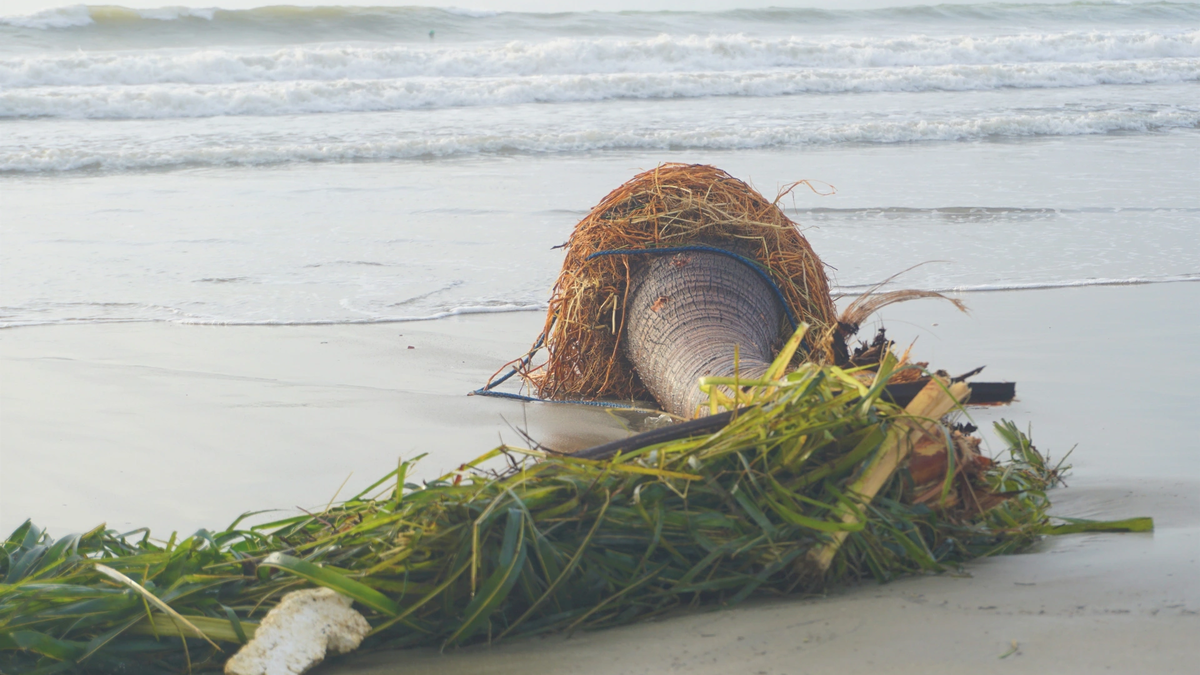



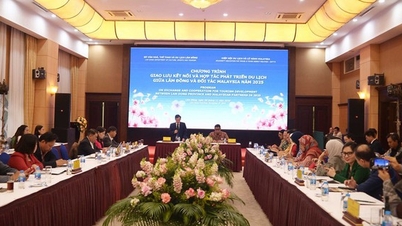















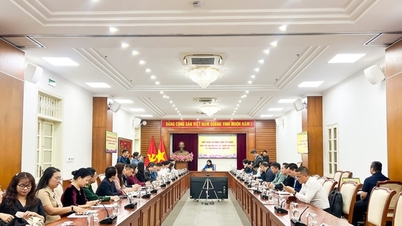











































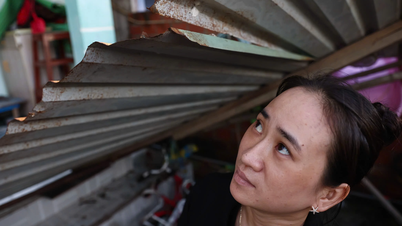
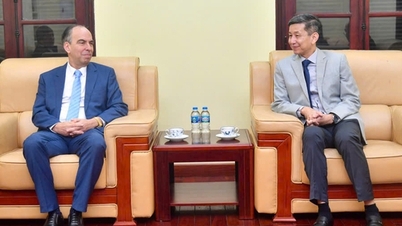
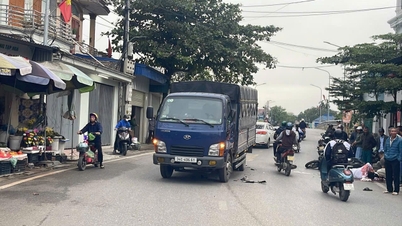

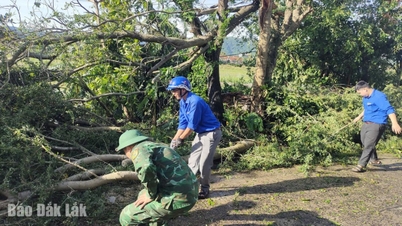

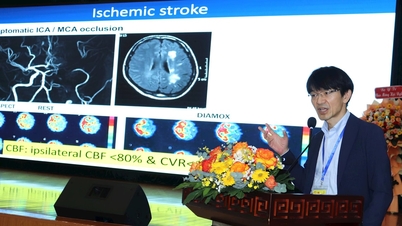

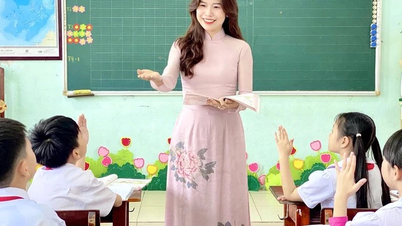


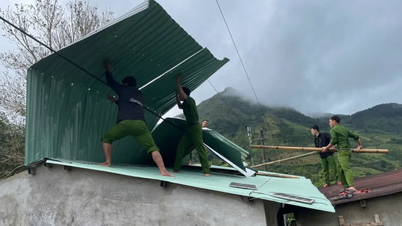



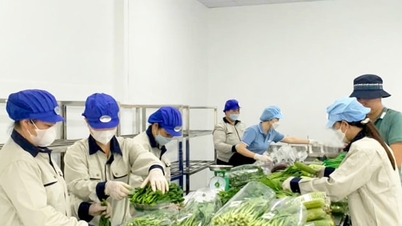











Comment (0)